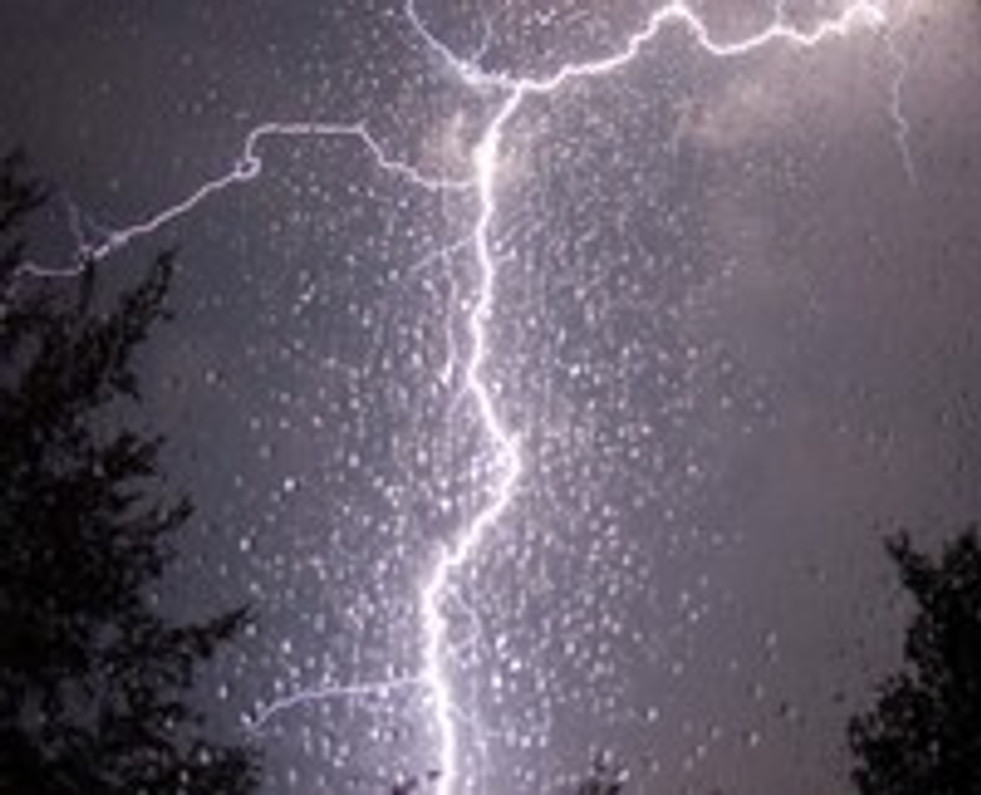Electrical Safety Tips To Follow During a Lightning Storm
Lightning storms cause hundreds of injuries and millions of dollars worth of property damage each year. A single bolt of lighting may contain upwards of 500,000 megawatts of power, which is more than enough to cause fires and damage electrical devices. Homeowners should follow some basic precautions to protect themselves and their property from damage during a lightning a storm.
Preparing Before a Storm
If a lightning storm is approaching your residence, you should act fast to unplug all major home appliances and electrical equipment. This includes your washing machine, dryer, oven/rang, television, DVD players, alarm clocks, etc.
Even if these items are connected to a power surge protector, they may still succumb to permanent damage in the event of an electrical surge. Contrary to what some people may believe, surge protectors are not a foil-proof way to protect electrical devices against power surges.
Of course, you'll want to have access to a weather radio during a lightning storm. A good weather radio should either be powered with batteries or a manual hand crank.
Stay Away From Doors and Windows
It's tempting to look outside the windows during a lightning store to marvel at mother nature, but doing so will leave you vulnerable to injury. If a storm happens to blow out the window, it will send glass shrapnel flying in all directions. To protect yourself against this scenario, you must stay away from all doors and windows until the storm passes.
The safest place to bunker down during a lightning storm is in a window-less room in the center of the home. If the storm turns into a tornado, make your way to the crawlspace or basement. If your home does not have a crawlspace or basement, get in the bathtub and cover yourself with a mattress.
Avoid Water
I'm sure this is common sense to most people, but it's still worth mentioning that you should avoid contact with water during a lightning storm. According to former National Oceanic and Atmospheric Administration meteorologist Ron Holle, 10-20 people in the U.S. are shocked each year while bathing, washing dishes, and using faucets during lightning storms.
Hold off on using the water until the lightning storm passes. If you can the storm's thunder, it's close enough to travel through the water and reach your home.
Have any other electrical safety tips you'd life to share with our readers? Let us know in the comments section below!
Recent Posts
-
Fire Safety in the Workplace: What You Need to Know
What steps are you taking to prevent fires in your workplace? According to the U.S. Occupational Saf …Aug 23rd 2023 -
Is It Safe to Go Jogging With a Cold Infection?
If you're suffering from a cold infection, you might be wondering whether it's safe to go jogging. T …Aug 22nd 2023 -
5 Safety Tips to Follow When Using a Powder-Actuated Tool
Powder-actuated tools are commonly used to join materials to steel and concrete. Also known as Hilti …Aug 20th 2023




